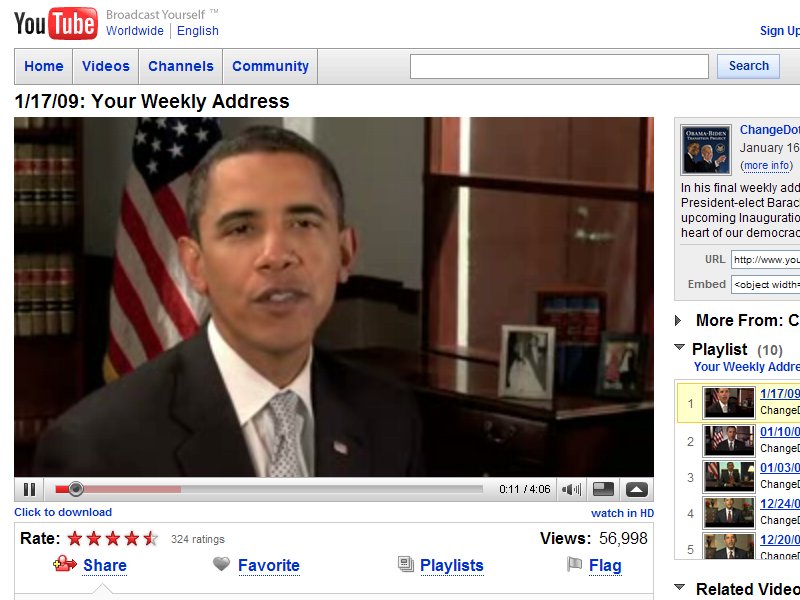'Free' author regrets copying Wikipedia
Chris Anderson explains his theory of free-conomics

Responding to recent criticisms that a large part of his new book was cribbed from Wikipedia, author Chris Anderson admitted the mistake was "just plain old sloppiness".
However, Anderson also thinks that the issue raised "questions about whether one should cite Wikipedia" and was adamant that he was "one of those who think you should".
"The level of scholarship and analysis on Wikipedia is improving by the day, and we neglect it at our peril," argued the author.
Anderson also considers Google to be 'the poster child of free', largely responsible for the sea-change in consumer's attitudes to paying for digital entertainment and information (or not paying for, as is more often the case).
Google is poster child
Anderson has been hitting the PR trail of late in order to publicise his book Free: The Future of a Radical Price, which is also available (for free) to listen to as an audiobook via Spotify.
Anderson's theory of free-conomics is based on the simple idea that, "by giving away products to lots of people, you can make money," as he explained to the NY Times.
Get daily insight, inspiration and deals in your inbox
Sign up for breaking news, reviews, opinion, top tech deals, and more.
"Google is the poster child of free," said Anderson. "It's one of the most profitable companies in America, but it doesn't show up on your credit-card statement."
Anderson considers the subscription-model of consumers being asked to pay a regular monthly fee in order to receive quality content via their TV or PC to be no longer sustainable.
"The marketplace has spoken. The marketplace wants free. Consumers want free, and if you decide to set up a subscription service, then your competitor will make a free one," argues Anderson.
Via New York Times
